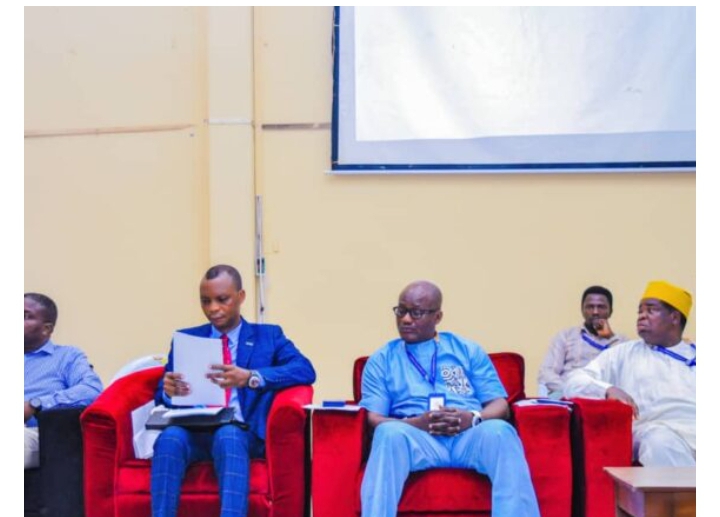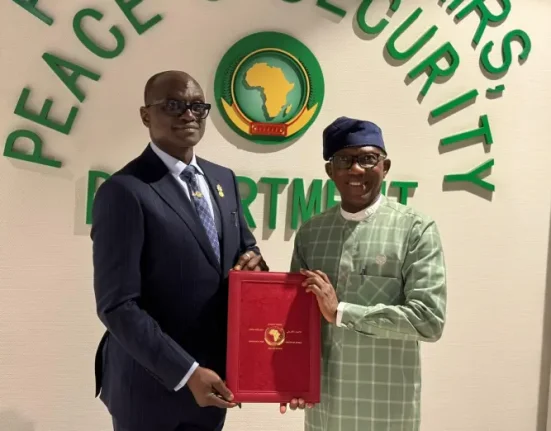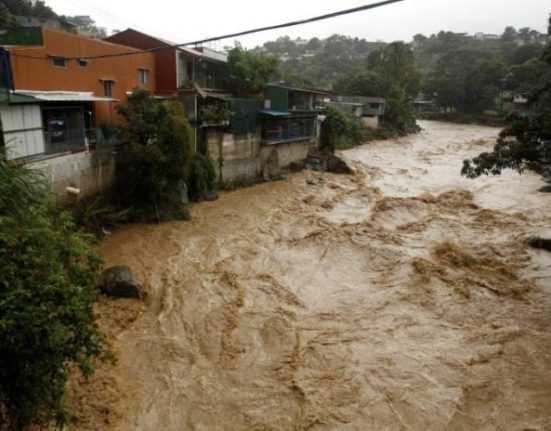Professor John Derera, the Senior Director of Breeding and Pre-Breeding at the International Institute for Tropical Agriculture (IITA), has raised a red flag over the alarming loss of 40% of the food produced annually by Nigerian farmers, a situation he described as a significant setback for the nation’s agricultural sector. This food waste, he noted, is valued at approximately $9 billion, a loss that could have been avoided with proper measures in place.
Speaking at the 9th edition of the Sustainable Livelihoods and Development Network for Africa conference, held at Ajayi Crowther University (ACU) in Oyo, Professor Derera highlighted the potential of Nigeria to feed its population and become a leading player in food exports. However, he emphasized that for this to be achievable, concerted efforts must be made to tackle the issue of food waste that plagues the country.
Represented at the event by Dr. Hogson Mushoruwa, the Global Head of Breeding Consultative Group at IITA, Professor Derera noted that Nigeria currently spends about $52 billion annually on food imports, a burden that could be significantly reduced if more attention were paid to minimizing food loss within the country’s agricultural sector.
The IITA senior official pointed out that the 40% loss of food produced could be mitigated through a multifaceted approach, including improvements in infrastructure, adoption of sustainable agricultural practices, and the implementation of policies that support the agricultural value chain. He emphasized the importance of optimising farm practices to increase yields per hectare, which would, in turn, provide more food for both domestic consumption and export markets.
He also suggested that investing in stronger supply chain infrastructure, especially in the areas of storage, transportation, and distribution, would play a crucial role in reducing food wastage. Derera proposed that supporting local food processing industries would also add value to raw agricultural products, thereby enhancing Nigeria’s export capacity. He called for the government to create a conducive policy environment and provide necessary training to local entrepreneurs to foster growth in this sector.
In his remarks, Dr. Moses Adebayo, Dean of the Faculty of Agriculture at ACU, pointed to the challenges of food waste and hunger as being largely linked to poor seed quality and improper planting techniques. He commended the university for its proactive steps to address these issues, particularly through the establishment of ACU Seeds Limited in 2022. The seed company has made significant strides in developing and commercializing high-quality seeds, including pro-vitamin A biofortified maize varieties, which have been well-received in the market.
A key feature of the four-day conference was the farmers’ forum, where over 500 farmers from across Nigeria shared their experiences and voiced their concerns about the state of agriculture in the country. The farmers called on the government to collaborate with qualified agricultural experts to ensure food security and self-sufficiency in Nigeria.
The event was attended by prominent figures, including the Vice-Chancellor of Ajayi Crowther University, Professor Timothy Adebayo, and other senior university officials, such as the Deputy Vice-Chancellor, Professor Muyiwa Popoola, Acting Registrar Olusegun Ojo, Librarian Dr. Bosede Ajiboye, and Bursar Dr. Ayodele Olusanwo.
As the discussion on food waste and agricultural sustainability continues, stakeholders agree that addressing these issues is critical for the future of Nigeria’s food security and economic growth.








Leave feedback about this